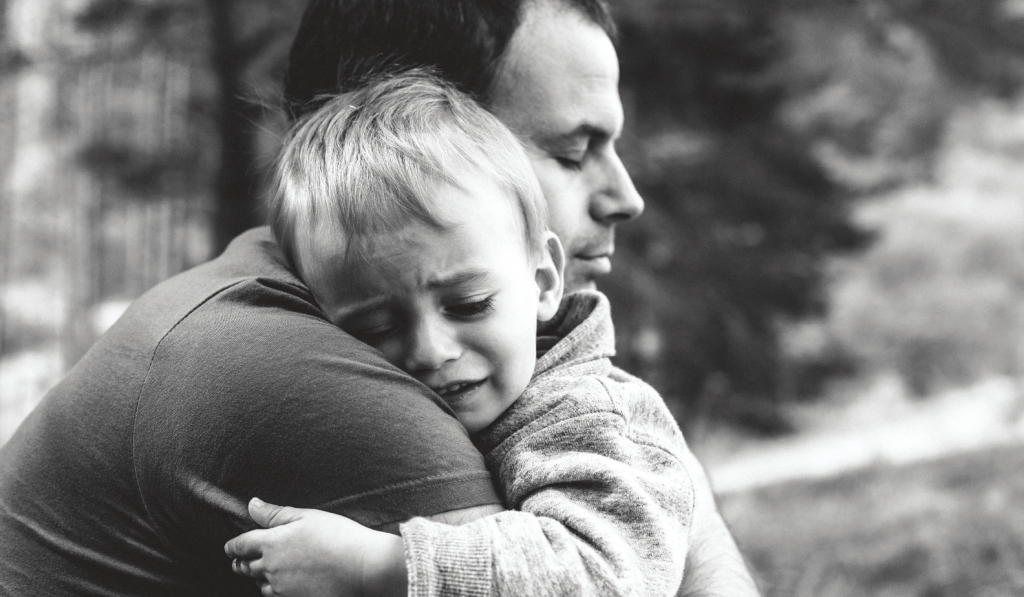
Features
Health & Wellness
Children of law enforcement need open communication
October 13, 2020 By Isabelle Sauve
 Photo: Martin-DM/E+/Getty Images
Photo: Martin-DM/E+/Getty Images The recent outpouring of negative press regarding law enforcement is an opportunity and reminder to “check in” on our loved ones. Children of law enforcement can especially be at risk of being negatively affected by what they are seeing and hearing. They may not have developed the skills and ability to fully process and understand the historical — as well as the social and political — circumstances behind the negative comments being made about law enforcement.
Every child is impacted by their parent or parents’ chosen professions. They are also affected by and experience a host of emotions in relation to how their parents deal with work-related issues and personal problems. Children of law enforcement can be positively affected when things are going well for their parents and they can be inversely impacted when things are further along the negative side of the spectrum. Given the stressful nature of frontline work, it may be more likely that children of law enforcement witness their parent(s) face difficult times more often.
Research indicates children of law enforcement officers can develop vicarious stress responses by hearing or observing a parent deal with a traumatic or stressful event. Rachel Yehuda, the director of Traumatic Stress Studies Division at Mount Sinai School of Medicine in New York, indicates: “It’s generally understood that children of traumatized people are at increased risk for mood and anxiety disorders but the impacts are far more extensive than previously thought.”
Many parents attempt to shield or protect their children by actively “hiding” the truth and their feelings about their experiences, stress, or exposure to trauma. However, children are very intuitive and observant. Knowing a parent is “hiding” something from them can lead to feelings of rejection and isolation in addition to experiencing a vicarious stress response when knowing something is wrong. This can in turn worsen the child’s negative thoughts and feelings and increase their stress level. It also teaches them to hold back from communicating their own feelings and emotions in positive manner. As such, law enforcement children are at an increased risk of exposure to second hand or vicarious stress and trauma due to the nature and culture of frontline professionals.
Openly communicating is the ultimate approach. It does not mean every detail must be shared; however, a calm, calculated and age or maturity-appropriate discussion is very healthy.
Over time children learn and adapt though various stages of acceptance and understanding based on cognitive development and maturity. Periodic “check-ins” are beneficial and a way to promote an open and honest two-way communication between parent and child.
Having that awareness that children may be affected by their parent’s own stress or responses to trauma is essential. Parents should learn to recognize the signs and responses in their children that alert them something is wrong. A change from the child’s norm can be indicative they are facing an issue. Common signs or symptoms include the development of new fears, separation anxiety (particularly in young children), sleep disturbance, nightmares, sadness, loss of interest in normal activities, reduced concentration, decline in schoolwork, anger, somatic complaints, or irritability.
Parents should also equip their children with healthy stress reduction techniques such as breathing techniques, physical exercise, engaging in a hobby and positive thinking. Teaching healthy coping mechanisms to children from an early age can assist them in developing resiliency and in overcoming problems or disappointments they may face over the course of their lives. Having a routine and as much “normalcy” as possible despite irregular hours and shift work is also very important.
Despite some challenges, the benefits of growing up in a law enforcement family far outweigh the difficulties. After all, children of law enforcement have role models in their lives who make a difference in their communities and are considered heroes by many.
Isabelle Sauvé is a 14-year veteran with the OPP, and currently the new Psychological Services Advisor in the OPP’s Healthy Workplace Bureau. She has a MA in psychology and is a PhD candidate. She is also an ultramarathon/endurance athlete and the Racing the Planet/4 Deserts 2018 Series winner as well as a Guinness World record holder. She can be contacted at: isabelle.sauve@hotmail.com.
Print this page